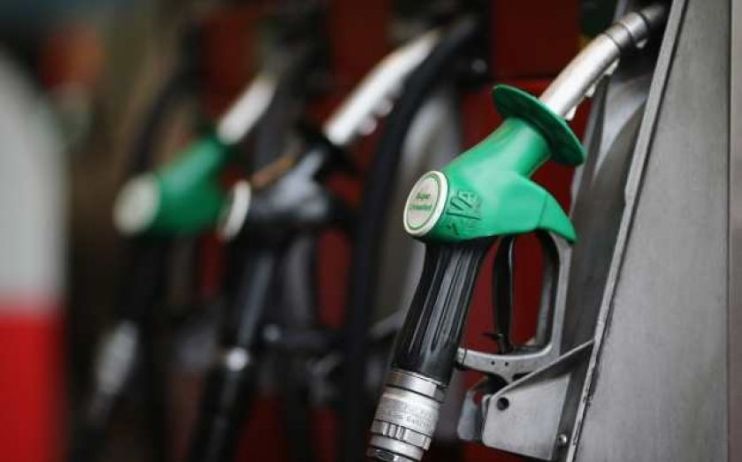CMA takes aim at supermarkets for weakening fuel price competition – as Brits pay nearly £1bn more for fuel

Increased supermarket profit margins led to drivers paying almost £1bn more for fuel last year, the Competition and Markets Authority (CMA) has found.
Following a year long investigation, the watchdog said today that average supermarket fuel margins rose by 6p per litre between 2019 and 2022, with £900m syphoned out of customers pockets in total.
During the first five months of this year, the investigation found that drivers paid 13p per litre extra due to an increase in margins on diesel across all fuel retailers.
The CMA are calling for a plan to help drivers get fairer prices for fuel, including a new fuel monitoring body to “hold industry to account” and legislation to make fuel retailers provide up to date data on pricing.
Under the new ‘fuel finder’ scheme, customers would be able to see varying pump prices at different sites – through third party apps – to help them find cheaper fuel.
The long-awaited announcement follows weeks of scrutiny, after the CMA announced in May that it would probe whether a “failure in competition” between supermarkets was subjecting Brits to high prices at the pumps.
The watchdog previously said that it was concerned by a “lack of transparency” from supermarkets when cooperating with the investigation and today fined Asda £60,000 for failing to provide relevant information when required.
Supermarkets under the pump
Along with Asda, Sainsbury’s, Morrisons and Tesco all came under fire in the report for their practices at the pumps.
CMA chief executive Sarah Cardell said: “Competition at the pump is not working as well as it should be and something needs to change swiftly to address this.”
“Drivers buying fuel at supermarkets in 2022 have paid around 6p per litre more than they would have done otherwise due to the four major supermarkets increasing their margins.”
She added: “We need to reignite competition among fuel retailers.”
Roadside rescue firms the RAC and AA, who have long slammed supermarkets for charging higher fuel prices, hailed the CMA’s announcement today – but noted the findings were long overdue.
AA and RAC slam big retailers
The AA said that it had “noted this behaviour as far back as 2005,” and that since the pandemic, the practice of supermarkets hiking fuel prices had been “blindingly obvious.”
“Sadly, it has taken more than 15 years for a government and competition watchdog to recognise this and do something about it. However, action that is better late than never is greatly appreciated by motorists across the UK,” Luke Bosdet, the AA’s pump price spokesperson, said.
He added: “The price difference of sometimes 10p or more for the same supermarket fuel but in a neighbouring town was so blatant that it has to be asked how the supermarkets ever expected to get away with it.”
The RAC said it was a “a landmark day when it comes to fuel prices in the UK.”
Fuel spokesman Simon Williams said “the fact that drivers appear to have lost out to the tune of nearly £1bn as a result of increased retailer margins on fuel is nothing short of astounding in a cost-of-living crisis and confirms what we’ve been saying for many years that supermarkets haven’t been treating drivers fairly at the pumps.”
Urging the government to act, he called for it to “follow through with both of the CMA’s recommendation.”
Supermarkets hit back
An Asda spokesperson said the CMA’s report was “comprehensive” adding that it “recognised Asda as the price leader and confirmed the presence of an Asda petrol station in a local area keeps prices down for all motorists.”
“Despite record inflation, we have carefully managed our business to ensure Asda was the cheapest traditional supermarket for both groceries and fuel throughout the period reviewed by the CMA and this position is unchanged.”
Responding to the penalty dished out to Asda, it said it related to “two individual alleged technical breaches in the way information was shared with the CMA over a 12-month period, during which time a significant number of documents were shared with the CMA to aid their study and we engaged fulsomely with their enquiries.
“As the price leader in the supermarket fuel sector, we welcome any initiative that makes it easier for motorists to compare fuel prices, such as an app or other technology-based solutions.”
A Morrisons spokesperson said that the company remains “extremely competitive on fuel pricing and although margins have increased, they remain very low.”
“The calculation of margin on fuel does not include the costs of running a fuel business – such as energy, rents and payroll – which have substantially increased through the cost of living crisis while volumes have declined since Covid.”